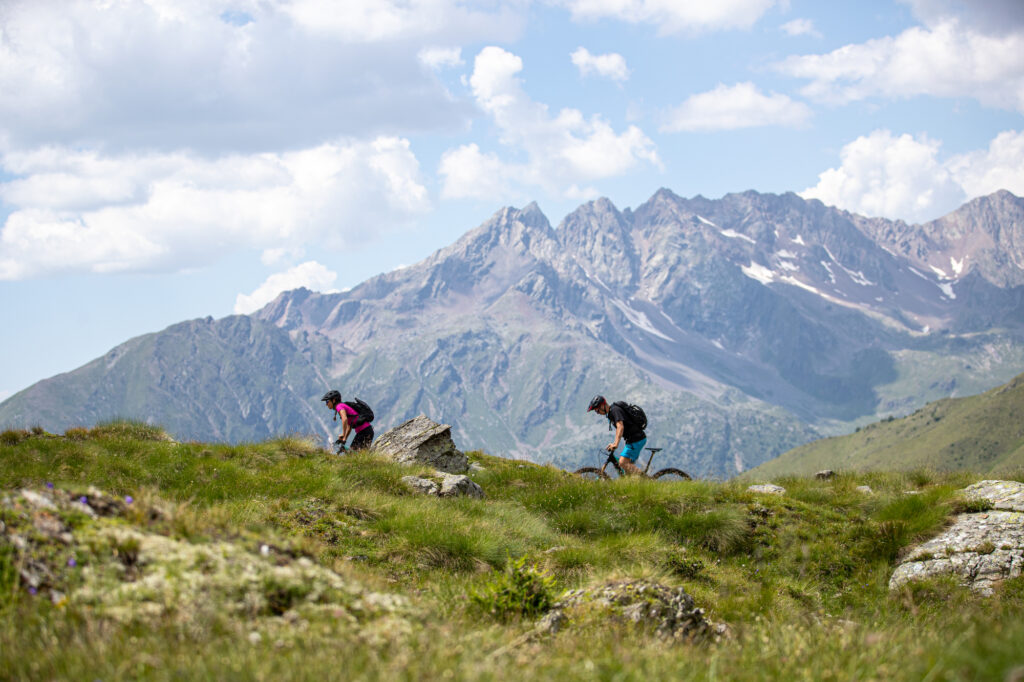
The SEE project incorporates environmental action into outdoor sports by using education on environmental topics to protect natural landscapes. By promoting responsible outdoor behaviour and utilising sports leaders and trainers to develop sustainable practices, this project hopes to reduce sports’ environmental impact and support physical activity for well-being.
Objectives:
- To develop mechanisms that train outdoor sports professionals in communicating environmental best practices within outdoor activities
- To reduce the environmental impact of outdoor sports
- To encourage voluntary activities in outdoor sports whilst fostering social inclusion.
- Raise awareness of the importance of physical activities for health while protecting natural landscapes.
Description of Project:
As mentioned, the SEE project emphasizes the importance of sport and physical activity as tools to strengthen social cohesion, and health and simultaneously address the environmental impact. By equipping professionals with the tools to foster environmental sustainability through physical activity, this knowledge is disseminated to have a considerable positive impact. The project has four phases. The first concerns an analysis of the current levels of environmental education amongst sporting professionals. Secondly, a toolkit is created to be used as a knowledge base for environmental sustainability and outdoor physical activity. Thirdly, this toolkit is tested and evaluated to measure the impact of the toolkit as a knowledge base. Lastly, the findings and best practices of the aforementioned process is shared with the community engaging with outdoor sports and activities.
Impacts & Results:
As a result of the four stages of the project, numerous positive impacts have occurred.
- Sports leaders have yielded a high level of environmental education
- Outdoor activities and organisations working with the project will have a reduced environmental impact.
- Due to the inclusive nature of the project, social inclusion in the activities associated with the project has been strengthened.
- Participants have become more aware of the intersection and importance of sports and outdoor activities and their influence on health and environmental sustainability.
Conclusion & Suggestions for Youth Workers:
There are numerous lessons and areas for replication looking at the objectives and the process for attaining those objectives. Starting with an analysis of current knowledge levels and challenges, for this project and for those of you organising similar projects, this form of early analysis can ensure that your project can direct its activities to have a larger impact. Following the establishment of the toolkit, an evaluation is a great way to refine and improve any shortcomings. This can be based on consultation with participants or even experts, going back and forth to improve and tailor material to the needs of participants is a crucial process to ensure the usability of the created toolkit. Therefore, the lessons from the process of the SEE project are a great way to pursue your current and future projects.
. 

